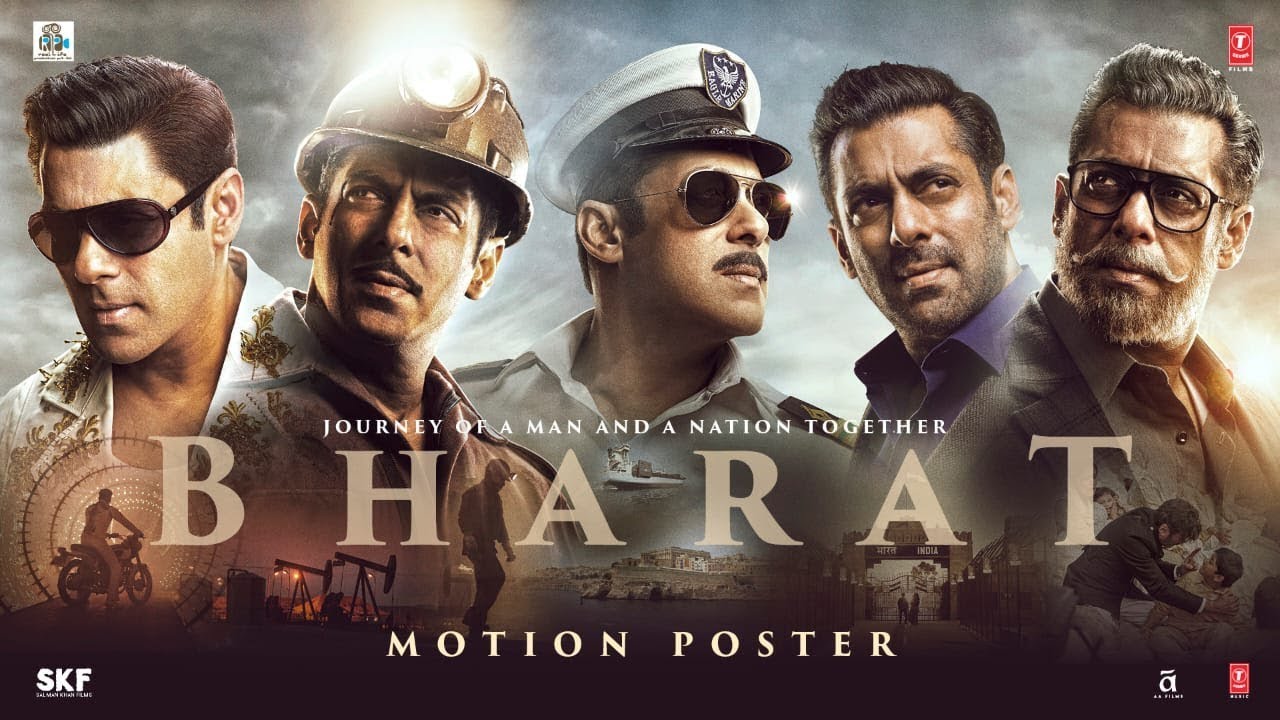“Do you believe in god? God doesn’t give a fuck?” These opening lines pretty much some up the whole series. Based on Vikram Chandra’s award-winning 2006 novel, Sacred Games is an intense, unfiltered, and unapologetically complex look at religion’s nexus with humanity. Weaved intricately as an investigative thriller about a conflicted police inspector trying to prevent a possible doomsday-level event happening in Mumbai, Netflix’s first Indian original show has a lot to offer. For the fans of satire, there is Varun Grover’s retrospect on the place of religion in India. The fans of mystery, experience a powerful race-against-time international conspiracy unraveled delicately in each episode. For the fans of action, there are ruggedly choreographed gun battles.
While Sacred Games hits all the right notes and sets the bar quite high for future web and television series, it lacks one crucial element, a strong protagonist in Sartaj Singh. Though Saif Ali Khan does justice to the role through his penetrating and raw performance, the character feels weak. Even though the show explores Sartaj’s connection with Ganesh Gaitonde, as well as his conflicted feelings towards his profession, it doesn’t do much to flesh out his backstory. If it was, there might more for the audience to root for. Maybe it is left to explore in the second season, which if true would be a sorry excuse.
Where Sartaj is weak, Nawazuddin Siddiqui’s character Ganesh Giatonde is superhuman strong, some could argue god-like. Siddiqui is no stranger to morally corrupt gray characters, especially gangsters. However, Giatonde is unlike any of his previous roles. Siddiqui’s authentic depiction of Gaitonde gives him a humanity that his previous characters did not possess. We actually begin to feel for him, even though he is a bad person.
Furthermore, the way Sacred Games is written and directed it steers away from its base story and becomes more of a hallowed Gangs of Wasseypur, another Anurag Kashyap gem. In doing this the show loses a bit of its originality. Where the show begins strong with a cat-and-mouse race between Sartaj and Gaitonde, it then slows down its pace to introduce characters and storylines that work to essentially setup the last episode. Going back and forth from present day to whenever Gaitonde as narrator feels appropriate, the show splits into two. On one hand it becomes a gangster drama about the rise of Gaitonde as a prominent gangster in the Mumbai underworld and on the other hand a dark thriller involving some ambiguous conspiracy. If done properly this could have been an amazing opportunity to showcase some impressive storytelling. But Kashyap and Motwane fail to balance these two storylines properly and therefore they don’t really converge well in the end of the season.
The show’s production quality must be commended. Having the backing of Netflix served well for Kashyap’s production. The cinematography team of Swapnil Sonwane, Sylvester Fonseca, and Aseem Baja’s bring you exciting visuals and spot light Mumbai’s dark underbelly with their muted lighting scheme. Editor Aarti Bajaj, who has shown her editing prowess in projects like Black Friday and Jab We Met, has once again showcased her ability to use editing not just as a storytelling tool but also as a way to reveal subtle character traits and idiosyncrasies. Furthermore, she is able to focus our attention in a complex show involving many moving parts, without confusing us. Alokananda Dasgupta enamors us with her haunting theme and background score that aid in augmenting the powerful visuals presented.
Furthermore, Sacred Games serves as an international artistic vehicle for some amazing Indian acting talent. Jitendra Joshi’s honest portrayal of fellow officer and Sartaj Singh’s loyal sidekick, Katekar gives the audiences a glimpse into the flawed nature of many policemen. When at first, he is generally lazy, unless called to aid by Sartaj, he experiences some tragic realities that give him a sense of purpose. As a result, he becomes the most relatable character in the series.
Being on Netflix gave the show a chance to showcase characters that would otherwise not appear on mainstream Indian television. The most impactful of these characters is Kubra Sait’s Kukoo, a transgender woman who is Gaitonde’s lover and closest confidante. One of the most powerful scenes of the series is when Kukoo reveals to Gaitonde what she is, and he doesn’t not care. He loves her for who she is and not what her body looks like. Giving Kukoo a prominent role in the series was a great move by the makers as the more we are exposed to such characters in a normal fashion, the less abnormal to society they will seem.
From the ending of the show it is clear there is more left to uncover and given the strong response to Sacred Games a second season is bound to happen. So, fret not, I’m sure we will see more of Sartaj and Gaitonde soon.




